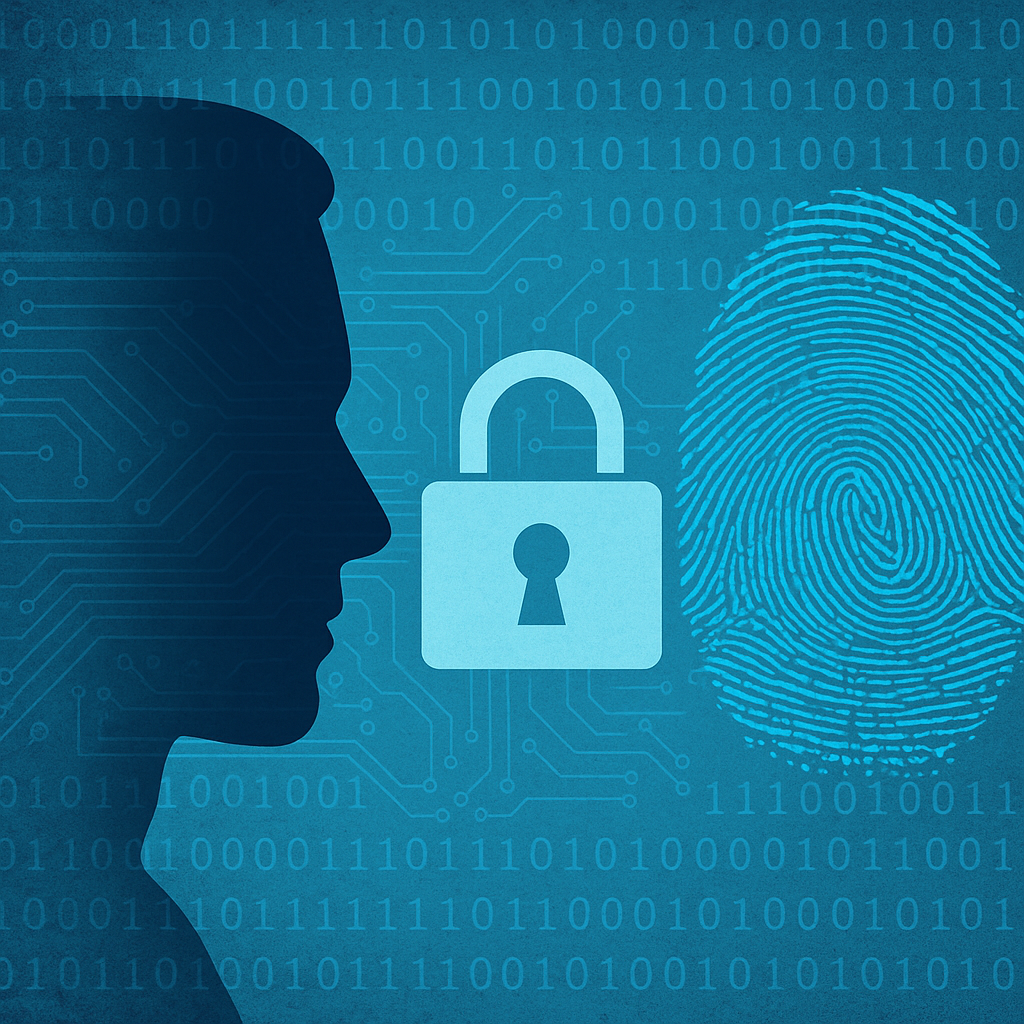Living Online: Who Owns Your Digital Identity?

In the modern age, nearly every click, like, and scroll we make contributes to our digital identity. This collection of data—from your shopping habits and social media interactions to your location history and search queries—forms a virtual profile more detailed than most people imagine. But as this identity grows, a critical question arises: who really owns it?
Tech companies argue that user data helps improve services, tailor content, and enhance user experience. Algorithms use this information to recommend music, connect people with similar interests, or suggest more relevant advertisements. On the surface, it all seems convenient—almost helpful.
However, privacy experts warn that convenience often comes at a cost. Many users are unaware of how much data they are giving away, or how it’s being used. Data breaches, surveillance, and targeted manipulation through social media algorithms have sparked serious concerns. In some cases, data is even sold to third-party firms without clear consent.
Adding to the complexity is the idea that digital identity is no longer just personal. Employers, governments, and even insurance companies may assess your online presence. A single tweet or post can impact a job offer or a visa application. In this sense, online behavior isn’t just a reflection of who we are—it’s part of how we are judged by the world.
Some countries are trying to establish clearer regulations, like the European Union’s GDPR, which requires companies to get consent before collecting personal data. Yet even these legal frameworks struggle to keep up with the speed of technological change.
In the end, managing our digital identity may come down to awareness and agency. We may not be able to escape the digital world, but we can learn to navigate it more wisely—by questioning what we share, understanding privacy settings, and advocating for transparency in how data is collected and used.
Comprehension Questions
Understanding the Main Ideas
- What is meant by a “digital identity” in the context of the article?
- According to the article, how do companies use personal data?
- What are some of the risks associated with sharing too much information online?
- How can your digital identity affect real-world opportunities?
Critical Thinking
- Do you agree that “convenience comes at a cost”? Why or why not?
- How effective do you think laws like GDPR are in protecting personal data?
- What strategies can individuals use to better protect their online privacy?
